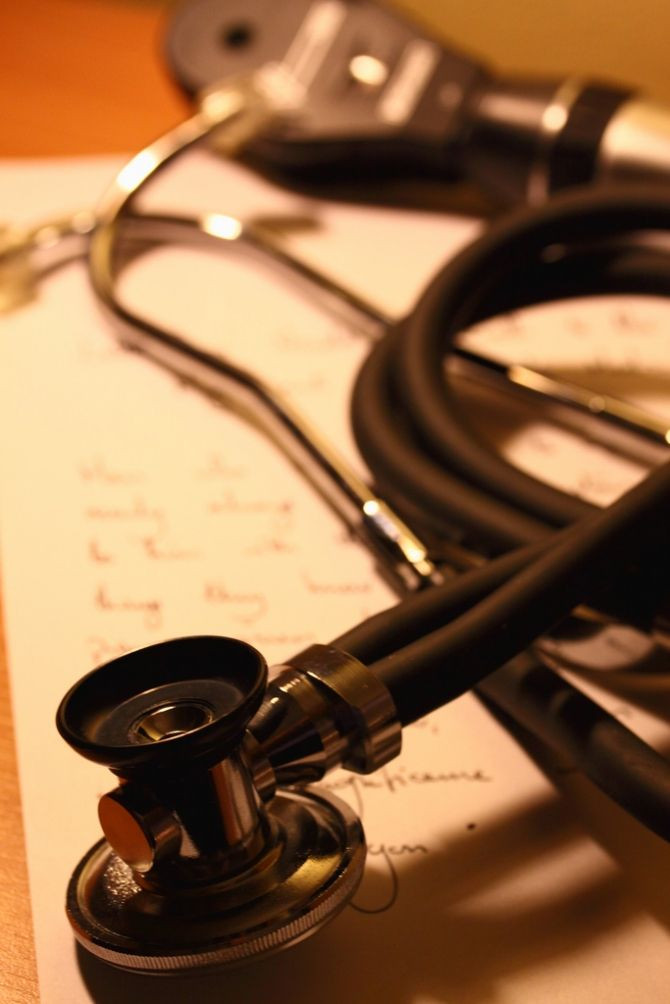Should Doctors Share Notes with Patients?

A new study suggests that while patients are overwhelmingly interested in exploring the medical notes that doctors write about them after an office visit, doctors worry about the impact of such transparency on their patients and on their own workflow.
Researchers at Beth Israel Deaconess Medical Center (BIDMC) surveyed both patient and doctors reactions prior to the launch of the OpenNotes trial, which offers access to a patient’s medical notes online.
Medical notes have long been within the doctor’s domain but patients have the legal right to obtain them.
"Doctors were divided in many of their expectations, and the issues we highlight have important consequences for both their work life and quality of care," writes lead author Jan Walker, RN, MBA, of the Center’s Division of General Medicine and Primary Care. The study results were published in the Dec. 20 issue of the Annals of Internal Medicine.
Many of the 100 plus primary care doctors who volunteered to participate in the experiment said that allowing patients to read their notes could possibly be beneficial to their health, while the majority of those who declined participation were doubtful about positive impacts.
Out of 173 doctors surveyed the majority said they were concerned about the possibility of confusing and worrying patients if their medical notes were made available to them.
But among roughly 38,000 patients, few anticipated being confused or worried and the group was optimistic about the OpenNotes trial.
"The enthusiasm of patients exceeded our expectations," wrote Walker.
"Most of them were overwhelmingly positive about the prospect of reading visit notes, regardless of demographic or health characteristics."
More than 90 percent were optimistic about making the notes available with 90 percent expecting to feel more in control over their care and four out of five predicted they would take better care of themselves, the authors explained.
"We know a lot more about our cars than our own bodies," responded one patient. "We leave all of that to the clinicians. I think by having access to our notes, we can take control, and that's important."
Now that the year-long OpenNotes study has come to an end, Walker and her colleagues are looking forward to see the results and how effective it was to the patient.
"They said they wanted the notes. They said they'd use them, but we have no idea if they actually went online and read them," said Walker.
"And if they did read them, we don't know yet what impact that had on the patients or the doctors."
"Patients want to look into the doctor's black box, and many doctors are a bit nervous about what they'll find," said Tom Delbanco, MD, senior author and co-principal investigator of OpenNotes.
"But I expect that over time everyone will benefit enormously from such transparency."



























